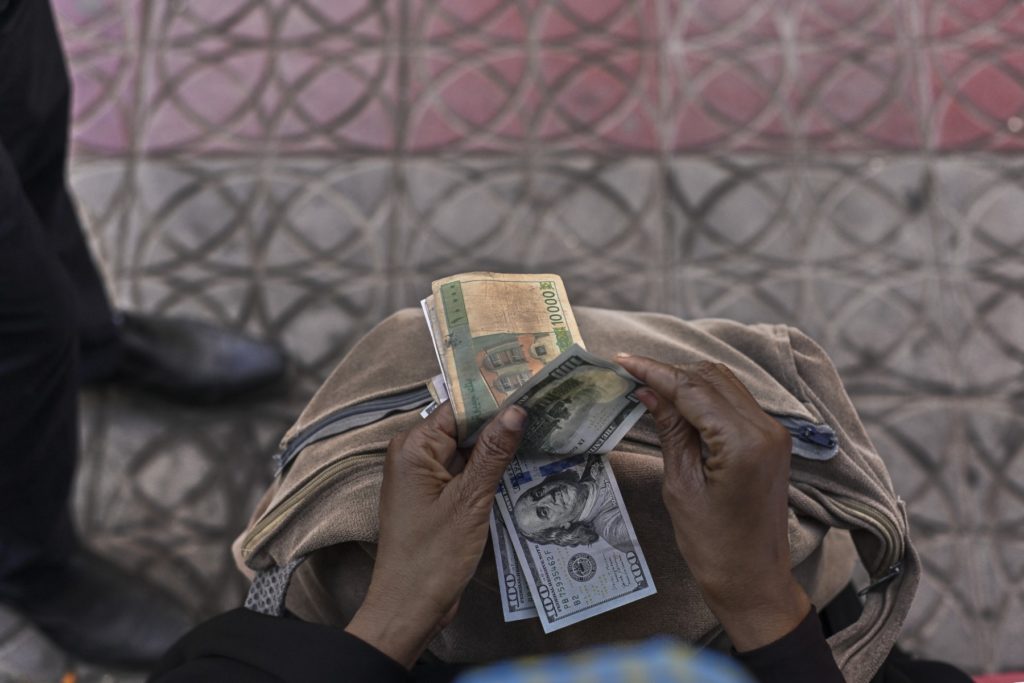São Paulo – The economic rebound of Djibouti, an Arab country in Africa, is expected to continue after being held back in 2022 by international trade disruptions and the conflict with neighboring Ethiopia, the International Monetary Fund (IMF) reported on Thursday (15). Pictured, a person handling Djiboutian francs and US dollars.
According to the agency, Djibouti’s gross domestic product (GDP) growth moderated to 3.7% in 2022 relative to 4.8% in 2021. Despite the decline in revenues from the slower economic activity and the shortfall of taxes on domestic fuel, the fiscal deficit narrowed to 1.4% of GDP.
The recent peace agreement in Ethiopia, Djibouti’s main trade partner, has brightened the outlook for the region’s economy. According to the IMF, the agreement has resulted in an increase in port activity, as well as rail and road freight in Djibouti.
“Inflation remains below regional trends, aided by exchange rate stability and unchanged domestic fuel prices. A continued recovery is expected for 2023, but the outlook remains highly dependent on global and regional developments,” the report said.
After managing the COVID-19 pandemic, the country continues to face the consequences of the Ukraine-Russia war, the conflict in Ethiopia, the tightening of global financial conditions, and climate change. In such a context, the authorities are working towards rebuilding much needed fiscal space, accelerating efforts on debt negotiations with their main creditor.
The IMF said Djibouti’s main challenges are to strengthen economic resilience and achieve a more inclusive and job-rich growth, and it suggests social and good governance measures to that end. Abating inflation will ensure that scarce public resources can be directed to human capital development. The report is based on the insights of an IMF team that visited the country led by Joyce Wong.
Translated by Guilherme Miranda




